What Is Sofrito and How to Make It in 15 Minutes
Sofrito is the essential flavor base used across Caribbean, Latin American, and Mediterranean cuisines. This simple mixture of onions, peppers, garlic, and herbs forms the foundation for countless dishes. Forget complicated techniques - you can make authentic sofrito at home with basic pantry ingredients in just 15 minutes.
Unlike store-bought versions that contain preservatives, homemade sofrito delivers vibrant, fresh flavor that transforms ordinary meals into extraordinary dishes. Whether you're making chicken, rice, beans, or stews, this recipe provides the authentic base you need.
Simple Authentic Sofrito Recipe (No Special Equipment Needed)
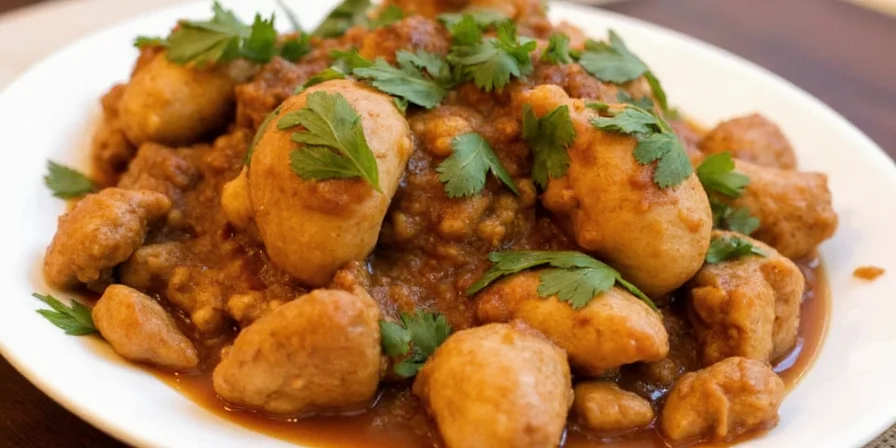
This beginner-friendly recipe delivers authentic flavor without specialty ingredients. Follow these simple steps for perfect sofrito every time:
Basic Ingredients for 4 Servings
- 1 large white onion, finely diced
- 1 red bell pepper, finely diced
- 3 garlic cloves, minced
- 2 tbsp olive oil
- 1 tbsp tomato paste
- 1 tsp smoked paprika
- Salt and pepper to taste
Step-by-Step Instructions
- Heat olive oil in skillet over medium heat (don't let it smoke)
- Add onions and peppers; sauté 8 minutes until softened
- Add garlic; cook 1 minute until fragrant (don't let it brown)
- Stir in tomato paste and spices; cook 3 minutes
- Season with salt and pepper to taste
- Use immediately or store as directed below
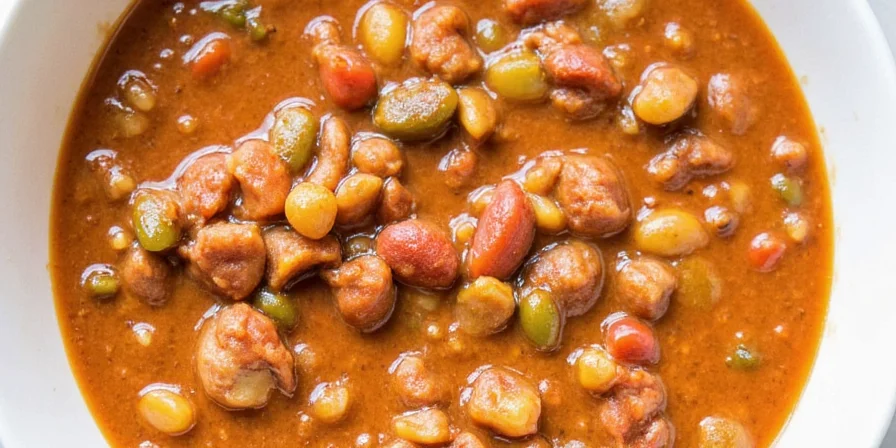
3 Essential Tips for Perfect Sofrito (Even for Beginners)
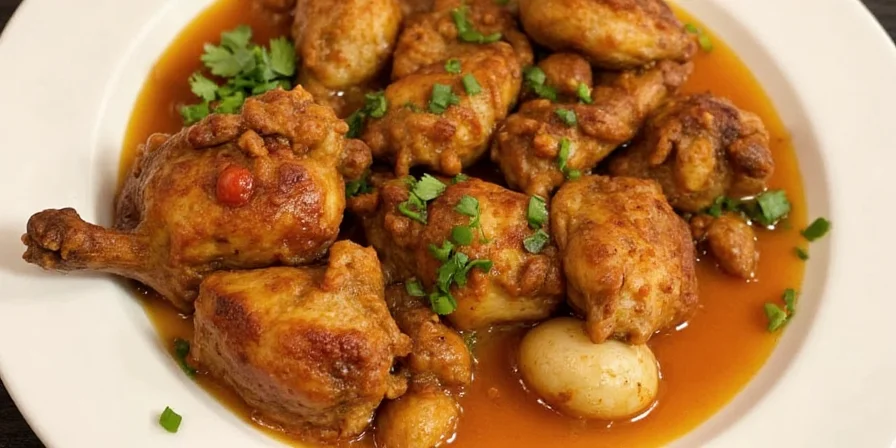
These simple techniques guarantee great results every time:
- Dice consistency matters: Cut all vegetables to 1/4-inch size for even cooking
- Temperature control: Cook at medium heat (300°F/150°C) - too hot creates bitterness
- Storage solution: Freeze in ice cube trays with oil layer on top for up to 3 months
Why This Simple Method Works (The Flavor Science)
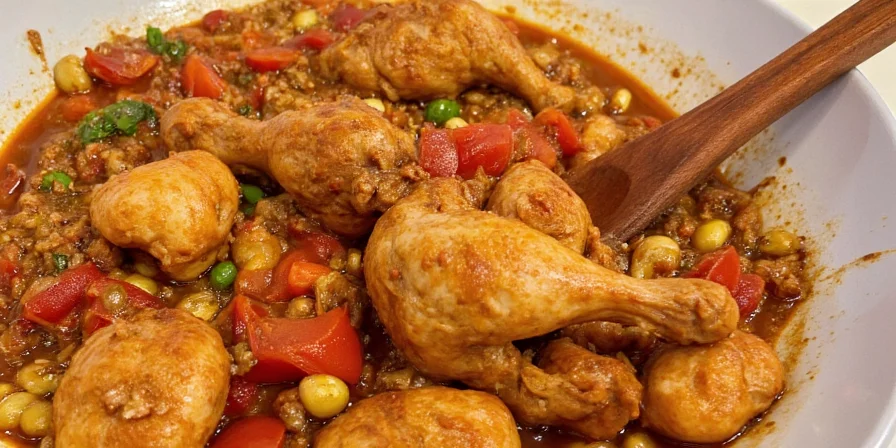
Understanding these basic principles helps you make better sofrito without memorizing complex techniques:
- Onions and peppers release natural sugars when cooked slowly
- Garlic adds depth but burns easily at high temperatures
- Tomato paste concentrates flavor when cooked briefly in oil
Get perfect results by following these ratio guidelines:
| Ingredient | Perfect Ratio | Common Mistake | Better Result |
|---|---|---|---|
| Onion to Pepper | 2:1 | Equal amounts | Balanced sweet & savory |
| Garlic | 3 cloves per cup | Too much | Flavor without bitterness |
| Tomato Paste | 1 tbsp per cup | Too little | Richer color and flavor |
| Oil | 2 tbsp per cup | Too little | Proper cooking medium |
Easy Sofrito Variations for Different Dishes
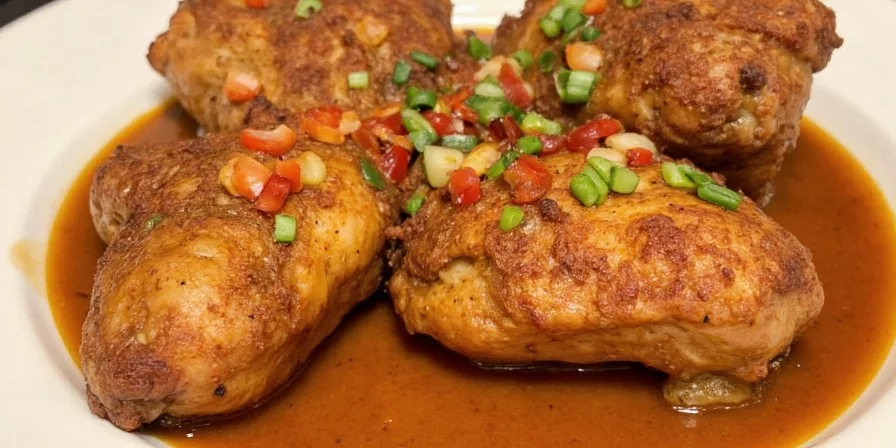
Customize your sofrito for specific recipes with these simple adjustments:
- For Chicken: Add 1 tsp smoked paprika and 1/2 tsp cumin
- For Beans: Include 1/4 cup cilantro while cooking
- For Rice: Stir in 1 tbsp tomato paste for color
- Vegan Option: Use olive oil instead of lard
Sofrito Questions Home Cooks Ask Most
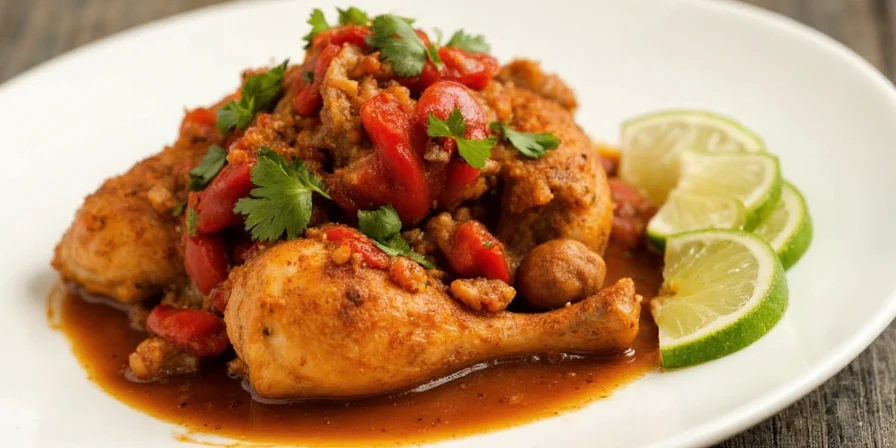
Can I make sofrito without a food processor?
Yes! A sharp knife works better than a food processor for authentic texture. Dice vegetables finely by hand for best results.
How long does homemade sofrito last?
Store in airtight container: 5 days in refrigerator, 3 months in freezer. Always cover with thin oil layer to preserve freshness.
What's the quickest way to make sofrito?
Use pre-diced frozen vegetables! Sauté frozen onions and peppers for 5 minutes, then add fresh garlic and other ingredients.
Can I use this sofrito for other cuisines?
Absolutely. This base works for Spanish, Puerto Rican, and Cuban dishes. For Italian, substitute with garlic, onions, and tomatoes only.
Make Amazing Meals with Your Homemade Sofrito
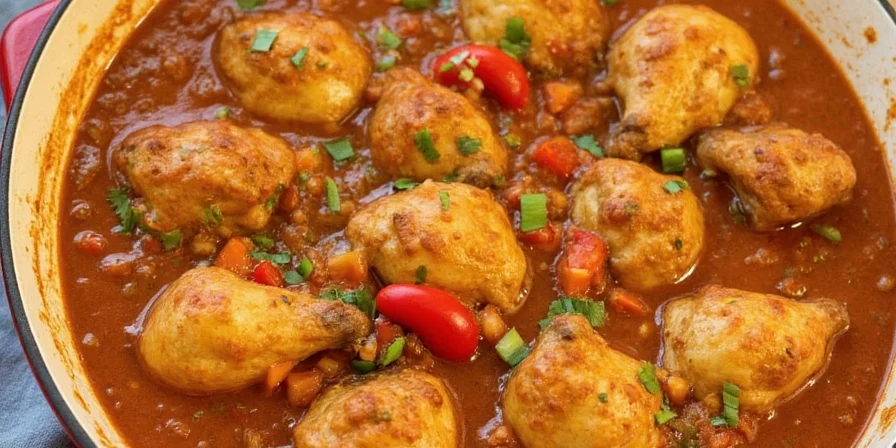
With this simple sofrito recipe, you've gained the foundation for authentic Caribbean and Latin American cooking. The best part? You don't need special skills or equipment - just fresh ingredients and proper technique.
Start with this basic version, then experiment with variations as you become comfortable. Your chicken, rice, and bean dishes will never taste the same again. The secret to great cooking isn't complicated recipes - it's mastering these essential building blocks.











 浙公网安备
33010002000092号
浙公网安备
33010002000092号 浙B2-20120091-4
浙B2-20120091-4